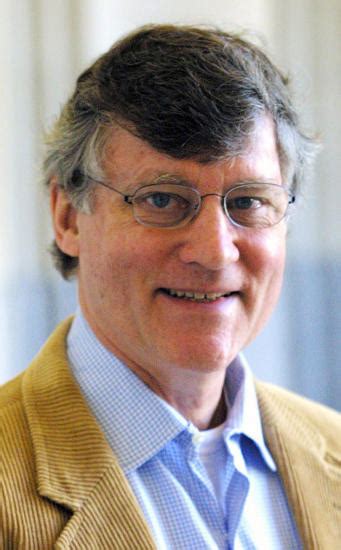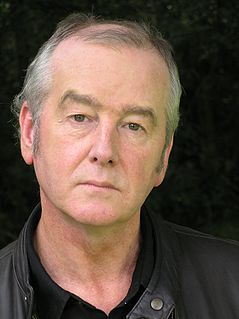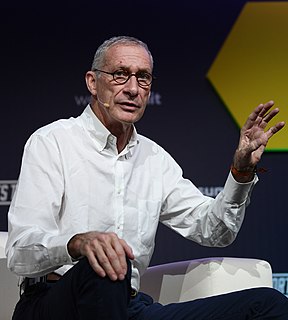A Quote by Frances Mayes
When I was twelve, I started reading Eudora Welty, Thomas Wolfe, Flannery O'Connor, James Agee, and - do we dare breathe the name - William Faulkner.
Related Quotes
A Daring Life: A Biography of Eudora Welty is a beautifully written portrait of Eudora Welty and her amazing life. Carolyn J. Brown carries the reader through Welty's long, productive writing career and introduces her family and friends along the way. The book's very readable text, its lovely use of Welty quotes, and its excellent photographs make the work a treasure. This intimate look at Eudora Welty is a welcome addition for her readers.
Do you think that Hemingway knew he was a writer at twenty years old? No, he did not. Or Fitzgerald, or Wolfe. This is a difficult concept to grasp. Hemingway didn't know he was Ernest Hemingway when he was a young man. Faulkner didn't know he was William Faulkner. But they had to take the first step. They had to call themselves writers. That is the first revolutionary act a writer has to make. It takes courage. But it's necessary
I like [John Cardinal O'Connor] a lot. He - I started a - to know him - when I asked William Shawn at The New Yorker, `Sh - can I do a profile of Cardinal O'Connor?' He said, `All right. Find out what he's like.' So I went to his office, and I heard somebody - and it turned out to be O'Connor - yelling outside, and I've never heard him since raise his voice.
The phrase the violent bear it away fascinated the 20th century Irish-American storyteller Flannery O'Connor, who used it as the title of one of her novels. O'Connor's surname connects her to an Irish royal family descended from Conchobor (pronounced Connor), the prehistoric king of Ulster who was foster father to Cuchulainn and husband of the unwilling Derdriu. In the western world, the antiquity of Irish lineages is exceeded only by that of the Jews.







































